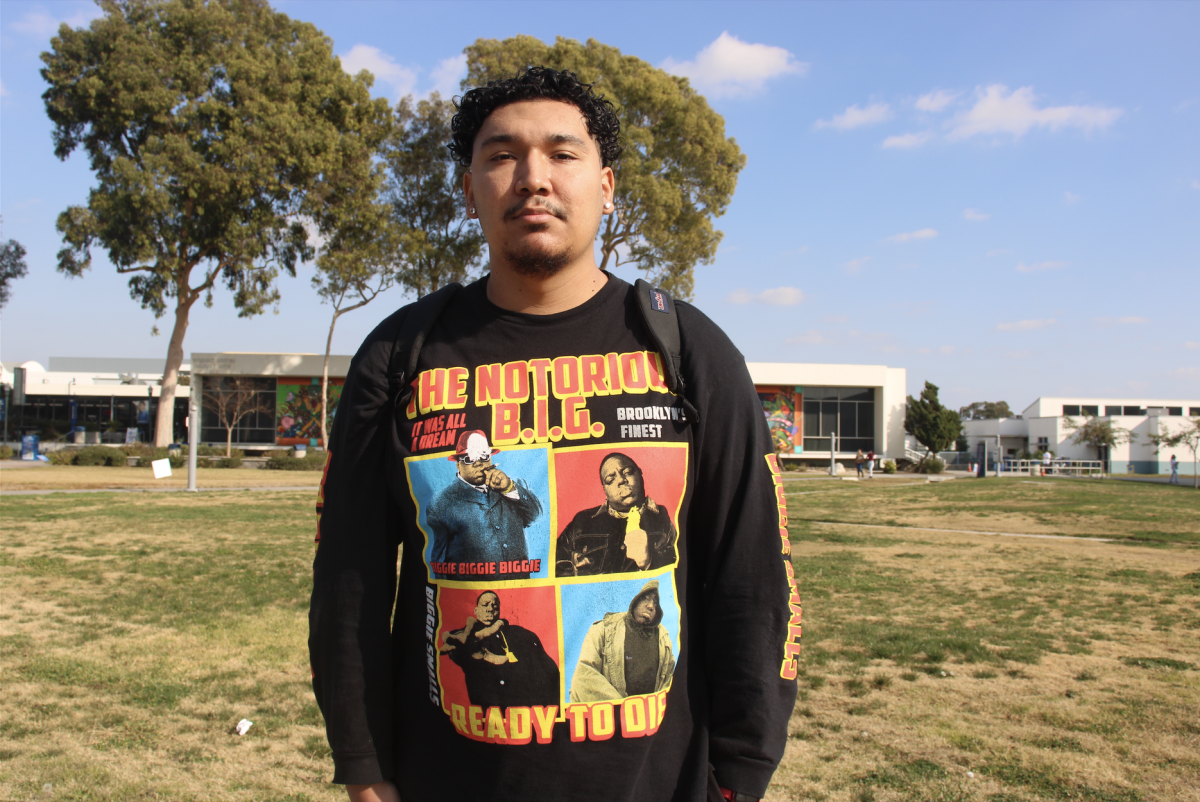It’s easy to say that you will never need to see a therapist. In the past, I, myself, felt that way, until I realized that what I was feeling my whole life was not what I should be feeling – unhealthy thoughts.
To clarify, having depression and anxiety to the point of having panic attacks and thoughts of suicide was enough for me to seek help.
Taking into account that the National Institute of Mental Health reported that in 2012 about 18 percent of the adult population of the United States had a mental illness, the chances are high that you currently have or will have a mental illness in your lifetime.
Students should take into account that some people suffer in silence and appear to be happy on the outside while they are feeling unbearable pain on the inside.
This silence does not have to be the case, making therapy and mental health a taboo should stop, period. Seeking help is not something to be embarrassed about, it should be something that helps through the tough times you are going through.
With the recent death of Chief of Police Richard Bukowiecki due to suicide, everyone should acknowledge that in tough times when death impacts you, it’s important to seek grief counseling.
And that’s precisely what’s happening.
You look at the situation present – people like Bukowiecki, or coach Nancy Kelly – the people who have been impacted by the deaths of these individuals are undergoing grief counseling, per messages from President Linda Lacy when she sent out news of their deaths.
Even if it may seem different, uncomfortable or strange to an individual, it’s obviously necessary in situations like these to get these grief counseling sessions from counselors, because that’s their job – they’re grief counselors; who counsel your grief.
it’s obvious. It’s straightforward. But, it’s therapy. And that’s precisely the thing that’s been available for many in times like this, but the stigma associated for undergoing therapy is still very much attached with “crazy,” that it gets antagonized.
Being unsure of therapy’s credibility is unfounded when considering how therapy works.
It’s not only going to see a therapist to talk about your life and how you feel, it also involves being proactive in doing some of the steps therapists encourage you to make that can help improve your emotional and mental health.
The good thing about therapists and therapy itself is the numerous choices given.
Just looking up therapists on the internet gives thousands of options and the types of therapies available vary from feminist therapy, cognitive behavioral therapy, family oriented therapy, psychotherapy and even grief counseling.
Therapy is flexible in that if it doesn’t feel right for you, you can talk to your therapist to look for better options and can give you the chance to change it. This is why it works, its options allow someone who is seeking help to get an opportunity to get help.
Nothing is worse than feeling helpless and having no one to speak to. Therapists are strangers that listen and help with objective reflection of one’s personal ways of thinking and acting.
Speaking about one’s problems may seem counterintuitive to some, but when considering that it’s good to let out personal frustrations in a healthy way (especially through therapy) the benefits of talking to that stranger far outweigh the embarrassment one might feel when talking. Trained therapists are professionals that are there to help their patients and there is no shame in seeing a therapist .
Therapy is only one stepping stone in being mentally healthy. Going to a therapist and making an appointment takes a lot of courage, but keep in mind that taking that first step might be enough to save your life or make life feel like it is worth living again.
For more information on therapy and how it works visit: http://www.apa.org/helpcenter/understanding-psychotherapy.aspx










